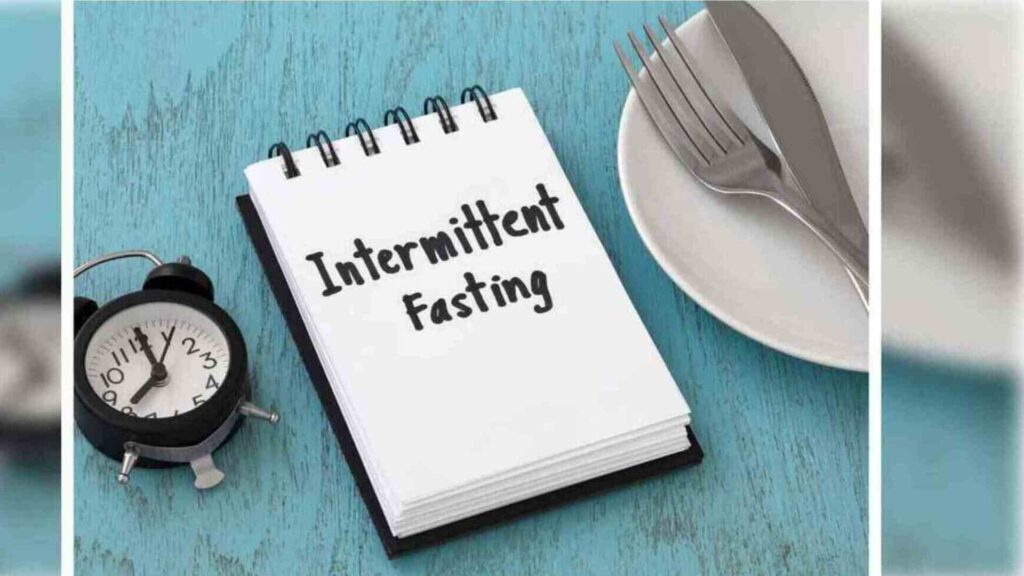
Intermittent fasting, a popular method for weight loss and inflammation reduction, has come under scrutiny following a recent announcement by the American Heart Association.
According to findings presented at the association’s conference in Chicago, adults adhering to an eight-hour time-restricted eating schedule face a significantly higher risk of death from cardiovascular disease compared to those consuming meals within a typical timeframe of 12-16 hours per day.
While emphasizing that these are preliminary findings, senior study author Victor Wenze Zhong, Chair of the Department of Epidemiology and Biostatistics at the Shanghai Jiao Tong University School of Medicine, stressed the importance of caution in interpreting the results.
“Although the study identified an association between an eight-hour eating window and cardiovascular death, this does not mean that time-restricted eating caused cardiovascular death,” Zhong clarified during the event.
ALSO READ: Unknown Menu Items From Your Favorite Restaurants
The study, conducted independently by Zhong and his team, analyzed data from approximately 20,000 adults in the U.S. spanning from 2003 to 2018.
Utilizing information collected by the Centers for Disease Control and Prevention (CDC) through the National Health and Nutrition Examination Survey, researchers examined dietary patterns among participants, with a focus on their eating duration.
The study found:
- Individuals consuming meals within an eight-hour timeframe per day faced a 91% higher risk of death from cardiovascular disease.
- Increased risk of cardiovascular death was also observed among participants with pre-existing heart disease or cancer.
- Eating between eight and 10 hours per day was associated with a 66% higher risk of death from heart disease or stroke for individuals with existing cardiovascular conditions.
POLL—Do You Support a Single-Payer Healthcare System (Medicare for All)?
- Intermittent fasting did not reduce the overall risk of death from any cause.
- For those living with cancer, an eating duration of 16 hours per day or more was linked to a lower risk of cancer mortality.
Despite these findings, experts caution that further research is needed to fully understand the implications of intermittent fasting on health outcomes.
Christopher Gardner, Director of Nutrition Studies at Stanford University, emphasized the importance of considering individual health status and dietary quality in making personalized recommendations.
ALSO READ: Unknown Menu Items From Your Favorite Restaurants
While intermittent fasting has shown potential benefits for cardiometabolic health measures such as blood pressure and cholesterol levels, the study’s results underscore the need for a cautious approach to dietary recommendations, particularly for individuals with pre-existing health conditions.
As researchers continue to investigate the underlying mechanisms behind these associations, individuals are advised to consult healthcare professionals before making significant lifestyle changes.
You Might Also Like:
Judge Rules Against Texas AG in Fight Against Nonprofit Helping Migrants
Texas Woman Claims She Shot Man Who Drugged and Kidnapped Her
NYC Officials Issue Vacate Orders After Chaos Erupts in Brooklyn Synagogue Over Secret Tunnel
Court Sentences Two Mississippi Officers for Torture of Black Men
